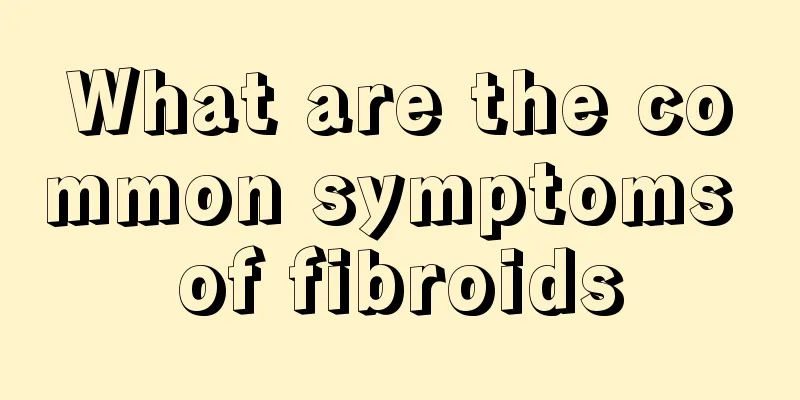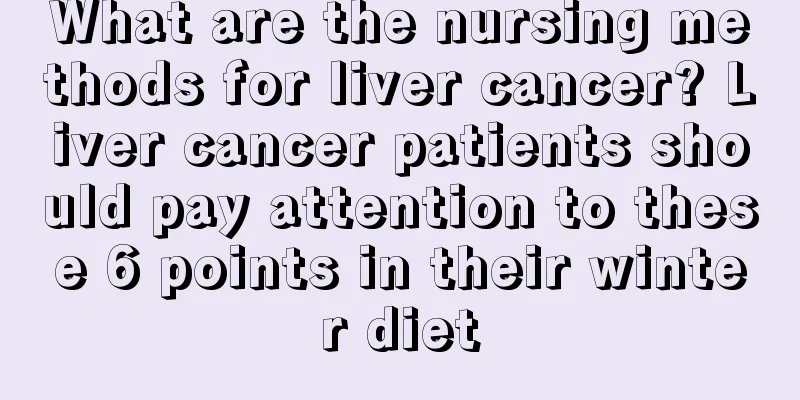Does hand sanitizer really cause cancer?

|
Recently, a rumor has been circulating online: hand sanitizer contains many harmful substances, among which triclosan can harm the human thyroid gland and even kill all bacteria, potentially causing cancer. Therefore, it is best to use soap instead of hand sanitizer to wash your hands.
Not all hand sanitizers contain triclosan as an antibacterial ingredient In supermarket counters, several common antibacterial hand sanitizers on the market, such as Dettol, Blue Moon, Safeguard, etc., have parachlorometa-dimethylphenol or o-phenylphenol as their main antibacterial ingredients, but no hand sanitizers using triclosan as the main antibacterial ingredient have been found. In response to this, the customer service staff of the Blue Moon service hotline said that currently each company’s antibacterial hand sanitizer uses different antibacterial ingredients, but they all follow certain industry standards. Zhang Huatao, deputy secretary-general of the China Detergent Industry Association, said that the hand sanitizers currently on the market are divided into two types: "Xiao" and "Zhuang". Hand sanitizers with the "Zhuang" mark have the functions of removing dirt and cleaning, while hand sanitizers with the "Xiao" mark have the functions of disinfection and antibacterial. They must contain antibacterial ingredients, which is what we call antibacterial hand sanitizer. For daily care in ordinary households, "makeup"-grade hand sanitizers are sufficient, while "disinfection"-grade hand sanitizers are mostly used in places such as banks, hotels, hospitals, and express delivery companies. Are antibacterial ingredients the real culprit for cancer? At present, the antibacterial compounds commonly used in hand sanitizers include triclosan, triclocarban, OPP (2-phenylphenol), PCMX (also known as "parachlorometaxylenol"), etc. In addition, some hand sanitizer formulas use ambiguous terms, such as "BMAS antibacterial ingredient," which is not a common abbreviation in chemistry, so its actual ingredients cannot be determined. Among the above-mentioned compounds with antibacterial effects, triclosan is currently the most popular one, and in fact, it is also the one that has been studied most thoroughly. In 2012, the U.S. Food and Drug Administration released a consumer guide on triclosan, evaluating its safety: "Currently, there is no experimental data to prove that triclosan is harmful to humans... Although animal experiments have shown that it may affect the hormone levels of animals to some extent, there is no evidence that it will have a similar effect on humans." In other words, based on the current level of scientific research, triclosan is still a safe substance, and the U.S. Food and Drug Administration has even approved its use in toothpaste. In addition, based on the existing data, triclocarban, OPP and PCMX are all considered to be fairly safe substances for humans. Its toxicity is very low and will not pose a threat to human health. In vitro experiments on liver cells also did not find that they could significantly cause the occurrence of "mutations". The International Agency for Research on Cancer under the World Health Organization has also published a research report on the carcinogenic risks of common substances, defining OPP as a Class 3 substance, that is, "a substance for which there is no evidence that it is carcinogenic", and belonging to the same group as caffeine (a substance widely contained in tea and coffee). Considering that the above substances are added to hand sanitizers, they can basically only be absorbed by the human body through skin penetration. The intake dose will only be smaller, and the health risks should be further reduced. In short, based on current scientific research, the antibacterial substances used in hand sanitizers are safe and do not pose obvious carcinogenic risks as long as they are approved for use by health regulatory authorities. Small link to correct hand washing tips: ● It is best to wash your hands with soap (or good quality hand sanitizer); ● Rub the palms of your hands first and then the backs of your hands; ●Don’t leave the gaps between your fingers unwashed; ● Rinse with running water; ●It is a good habit for each person to have one towel. Six steps to wash your hands properly |
<<: Five types of people must have their lungs checked
>>: To nourish the liver in spring, try honey-soaked garlic
Recommend
Do you know what the staging criteria for gallbladder cancer are?
Gallbladder cancer is one of the malignant tumors...
Is pityriasis rosea contagious?
Rash is a common skin disease. When a rash occurs...
Is the stone-removing and gallbladder-removing granule effective?
The Stone-Removing and Gallbladder-Removing Granu...
How many times can a pufferfish inflate in its lifetime
When it comes to puffer fish, everyone is familia...
How to treat hair loss due to kidney yin deficiency, everything should be done in moderation
The external manifestation of the strength or wea...
Will eating too many cherries cause internal heat?
Many people love to eat cherries, but eating too ...
Can I drink milk that has been left overnight?
We all know that milk is a type of dairy product ...
What are the fertility enhancement methods and which ones are most effective?
In recent years, the fertility of young people in...
I lose hair if I wash my hair every day
Hair loss is a common thing for girls with long h...
What are the differences between tinea pedis and athlete’s foot?
Tinea pedis and athlete's foot are two concep...
What should I do if my nose is very dry, I have a lot of mucus and nosebleeds?
The nose is the main organ used by our body for b...
How to treat internal carotid artery sclerosis?
How to effectively treat internal carotid artery ...
There is a round bump under my cheek that moves
The face can be said to be our facade. Having a b...
What are the advantages and disadvantages of chewing gum
We found that both children and teenagers like to...
What are the symptoms of poor blood circulation
We should be alert to the symptoms of poor blood ...









